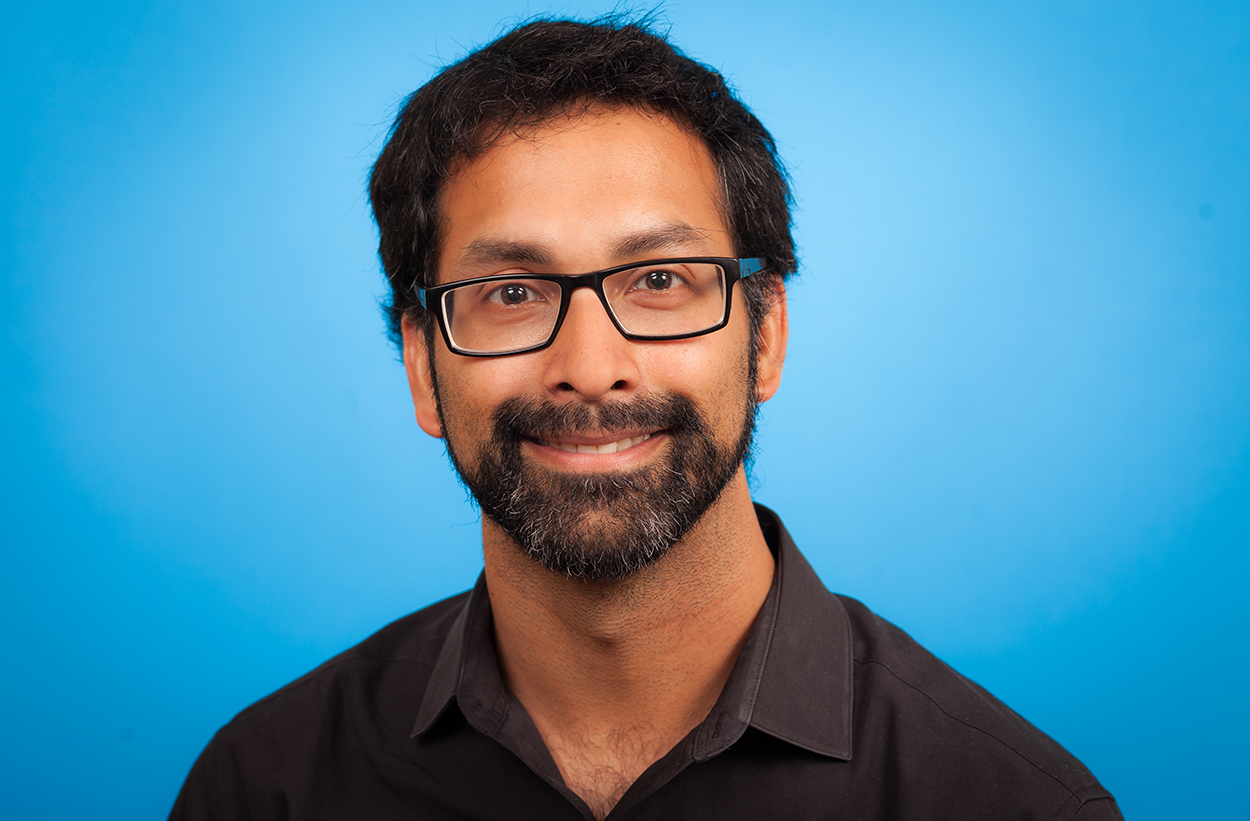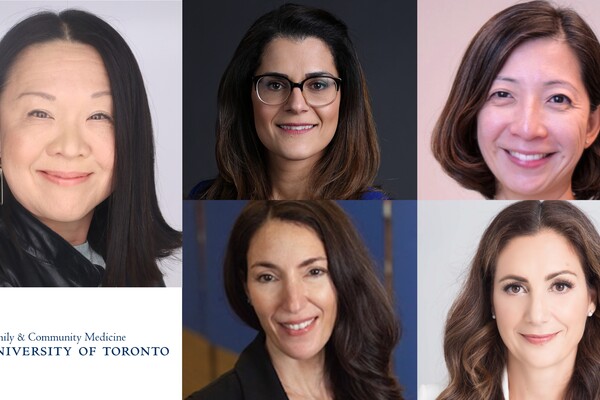Mobile Menu
- Education
- Residency
-
Grad Studies
- About Academic Fellowship and Graduate Studies
- Graduate Studies
-
Fellowships, Certificates and Courses
- Academic Fellowship Program
- Medical Education Fellowship
- Clinical Research Certificate
- Clinical Teacher Certificate
- Interprofessional Applied Practical Teaching and Learning in the Health Professions (INTAPT)
- How to Apply
- Getting Started
- Program Fees
- Student Awards
- Forms for Current Students
- Continuing Education Courses
- Instructor Awards
- Research
- Community & Partnerships
- Quality & Professional Development
- Divisions
- Faculty
- About




